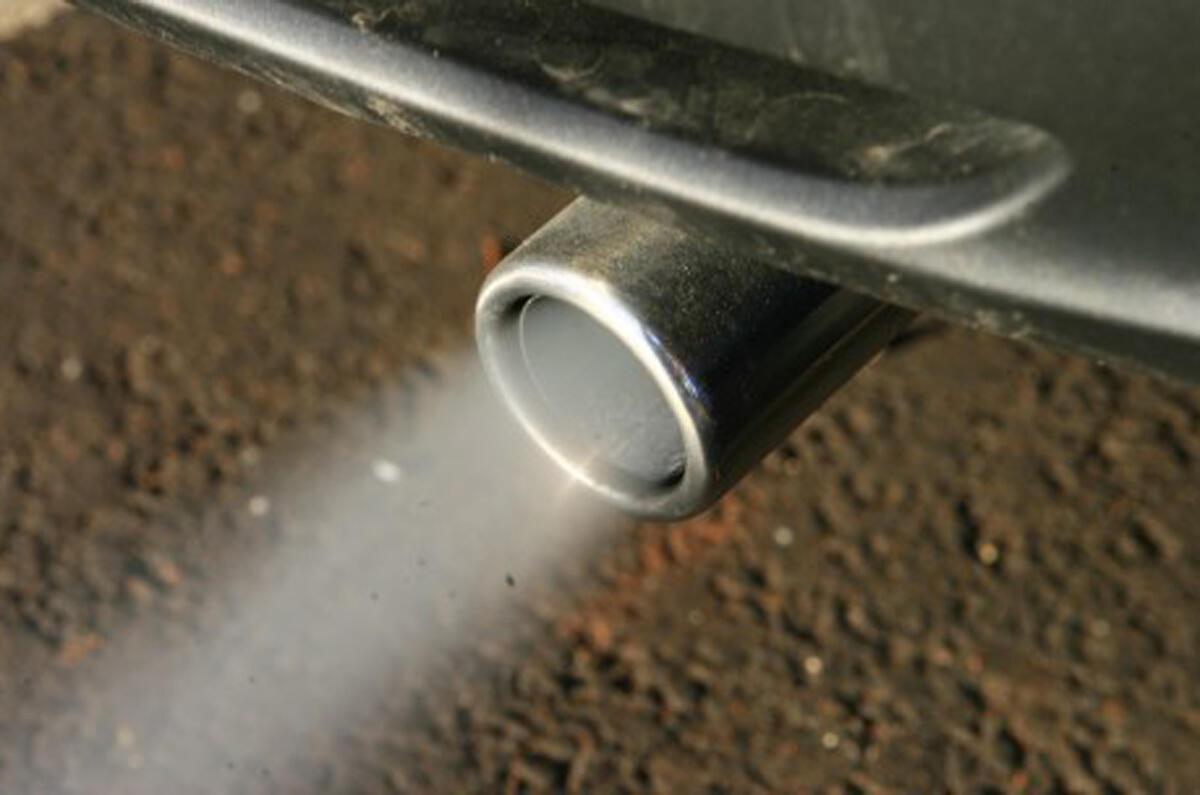Voting on whether to lower the CO2 emissions limit on new cars has been delayed for a third time.
EU member states were due to vote on whether to drop the CO2 emissions limit to 95g/km from 2020, but lobbying from Germany has delayed any action.
Germany is said to want to dilute the proposed plans, on behalf of its home-grown car manufacturers Audi, BMW and Mercedes-Benz.
Instead of the proposed blanket agreement, the country instead wants a phase-in period on the emissions legislation - suggesting that 80 per cent of new cars should emit less than 95g/km of CO2 by 2020. The remaining 20 per cent of cars would then be phased in by 2024.
The changes were backed by Britain, the Czech Republic, Slovakia, Poland and Hungary.
Targets already agreed by the EU propose a 130g/km limit across manufacturer model ranges by 2015.
At the same meeting, a target set for commercial vans to emit no more than 147g/km by 2020 was endorsed by member states, meaning it will now be passed to EU ministers before becoming law.
A final decision on the emissions limits for new cars is expected to be agreed later this month.




Join the debate
Add your comment
Not so difficult
Its not so difficult. Germany builds bigger cars and - whatever technology they use - will consume more power. Simple physics. So they can a) stop making S-classes and Porsches and fire thousands of people, or b) they make an effort in making fuel-efficient big cars. Which they do. Per ton weight, the engines consume a lot less than old shitty Dacia engines.
I don't understand...
...all the technical aspects of this utterly complicated matter of fleet emissions. Whatever it is, it can't be good for big cars. No wonder Audi, BMW and Mercedes aren't happy.
At best they can delay the change. At the rate the technology is developing, I think the current generation of motorists would find it hard to recognise the next generation of cars.
How it is measured
Fine talking about the future but have they met the current targets. If you then change how cars are tested as is often muted to give a more real world value MPG have they achieved the target. Especially some of these small capacity ICE which seemed to deliver about half the MPG as officially measured.
"The EU fleet average target of 130g CO2 per km will be phased in between 2012 and 2015. In 2012, an average of 65% of each manufacturer's newly registered cars must comply with the limit value curve set by the legislation. This will rise to 75% in 2013, 80% in 2014, and 100% from 2015 on wards."